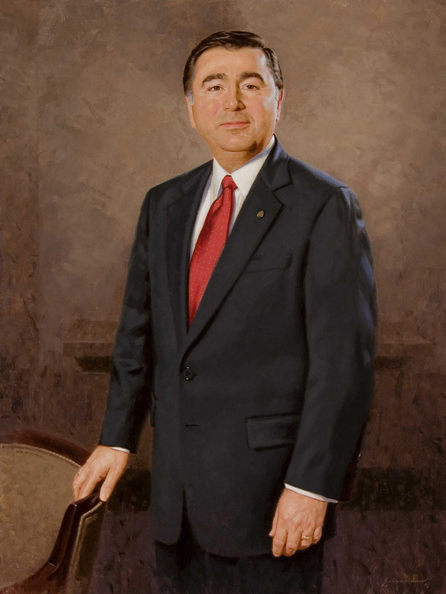with Special Introduction by Patrick T. Harker
Dean, The Wharton School, University of Pennsylvania
How much does the state of the economy depend on what people believe will happen?
Beliefs are a driving force behind every economy. Economists generally talk about beliefs in the context of people's expectations about the future. In his remarks, Dr. Anthony Santomero, President of the Federal Reserve Bank of Philadelphia, explainn how expectations are at the heart of virtually every economic decision people make. He offers examples of how beliefs lead to physical results in terms of actual consumer and business behavior, demonstrating that there are indeed places where the metaphysical and the physical intersect in economics.
Because expectations play a significant role in economic decisions, it follows that studies of economic behavior must take account of such expectations. Failure to do so can lead to flawed empirical and analytical research. In his remarks, Dr. Santomero uses specific illustrations of how beliefs shape the investigation and evaluation of decisions regarding the conduct of monetary policy in the U.S., including the credibility of policymakers.
Dr. Santomero concludes with some observations about how debates on key current policy issues depend heavily on the nature of people's beliefs about economic conditions, future policymaker behavior and their own outlook for the future.
Before his appointment in July 2000 as the ninth President of the Federal Reserve Bank of Philadelphia, Anthony Santomero was the Richard K. Mellon Professor of Finance at Penn's Wharton School, where he also served for a time as deputy dean of the school and as director of the Wharton Financial Institutions Center, the world's premier academic research institution on the financial services industry.
The Federal Reserve Bank of Philadelphia is one of 12 regional Reserve Banks which, along with the Board of Governors in Washington, D.C., serves as the nation's central bank. The Federal Reserve is responsible for making and carrying out monetary policy, supervising and regulating banks and bank holding companies, and providing financial services to depository institutions and the U.S. Treasury. The Philadelphia Federal Reserve Bank serves the Third District, which includes eastern Pennsylvania, southern New Jersey and Delaware.



